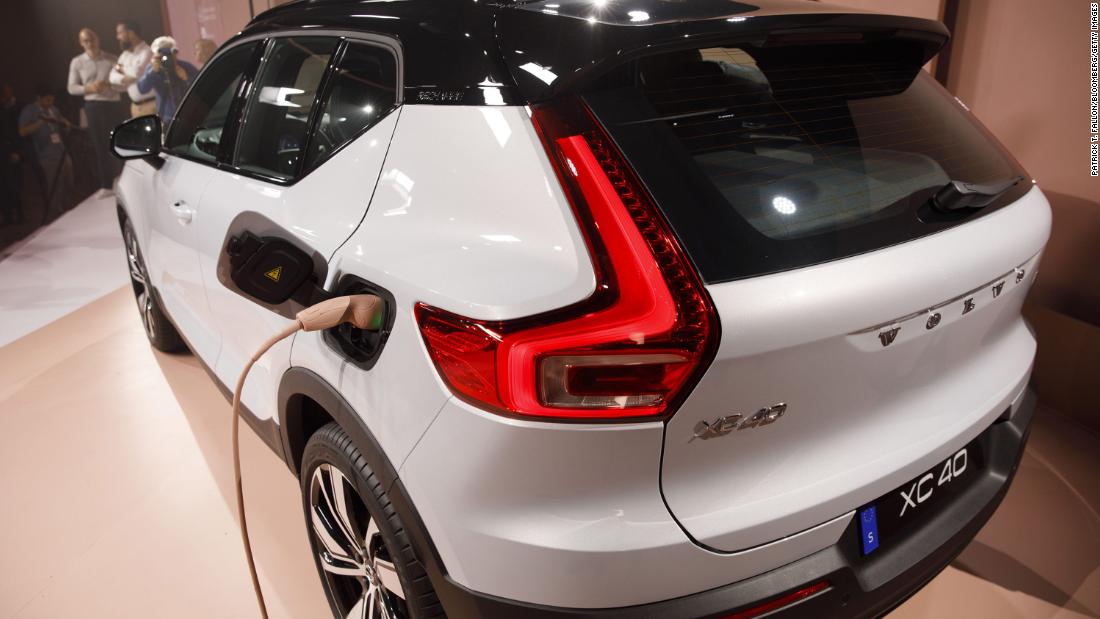The Swedish brand said that as part of the transition, it wants half of its sales in 2025 to be electric cars and the other half, hybrids. This means that it will stop selling vehicles powered exclusively by gasoline or diesel in four years’ time.
“There is no long-term future for cars with an internal combustion engine,” said Volvo’s chief technology officer Henrik Green in a statement. The transition to selling only electric cars will allow Volvo to “meet our customers’ expectations and be part of the solution when it comes to combating climate change,” he added.
The automaker said its second all-electric car, a new Series 40 model, will be launched later on Tuesday. Several additional electric models will be launched in the coming years, he said.
Volvo said it would invest heavily in online sales and “radically reduce” the complexity of its product offerings. The price will be transparent, he said. The strategy is similar to that used by the market leader of electric cars Tesla, which sells only online.
Much of the action is taking place in Volvo’s home market. Europe has imposed aggressive targets to reduce greenhouse gas emissions from vehicles, and automakers face huge potential fines if they fail to comply. This helped the continent to anticipate the United States in adopting electric vehicles.
Electric vehicles are expected to turn out to be cheaper to produce than traditional gasoline cars, thanks to fewer moving parts and therefore less labor required to assemble them.
